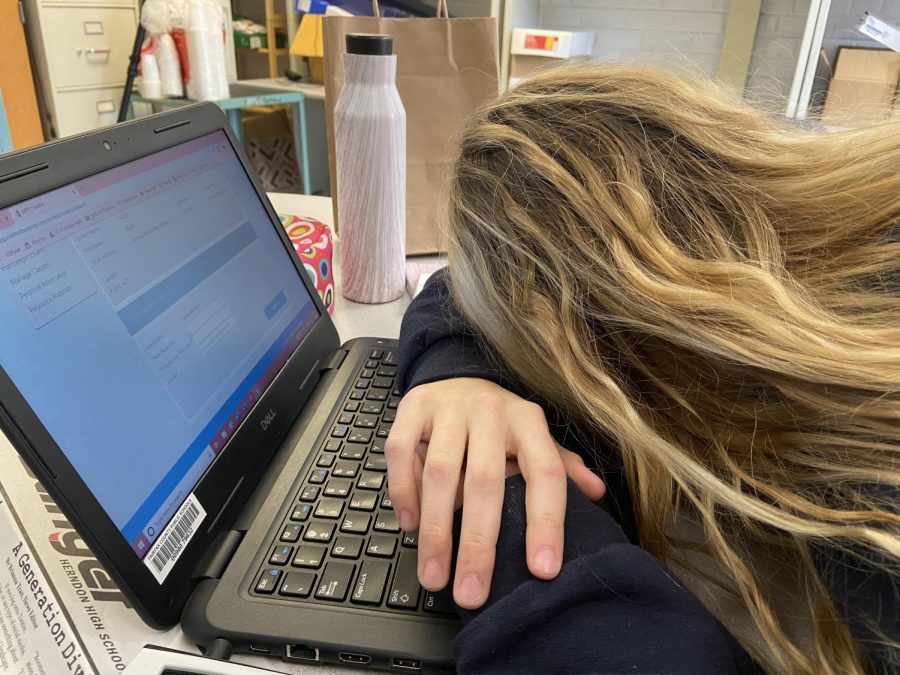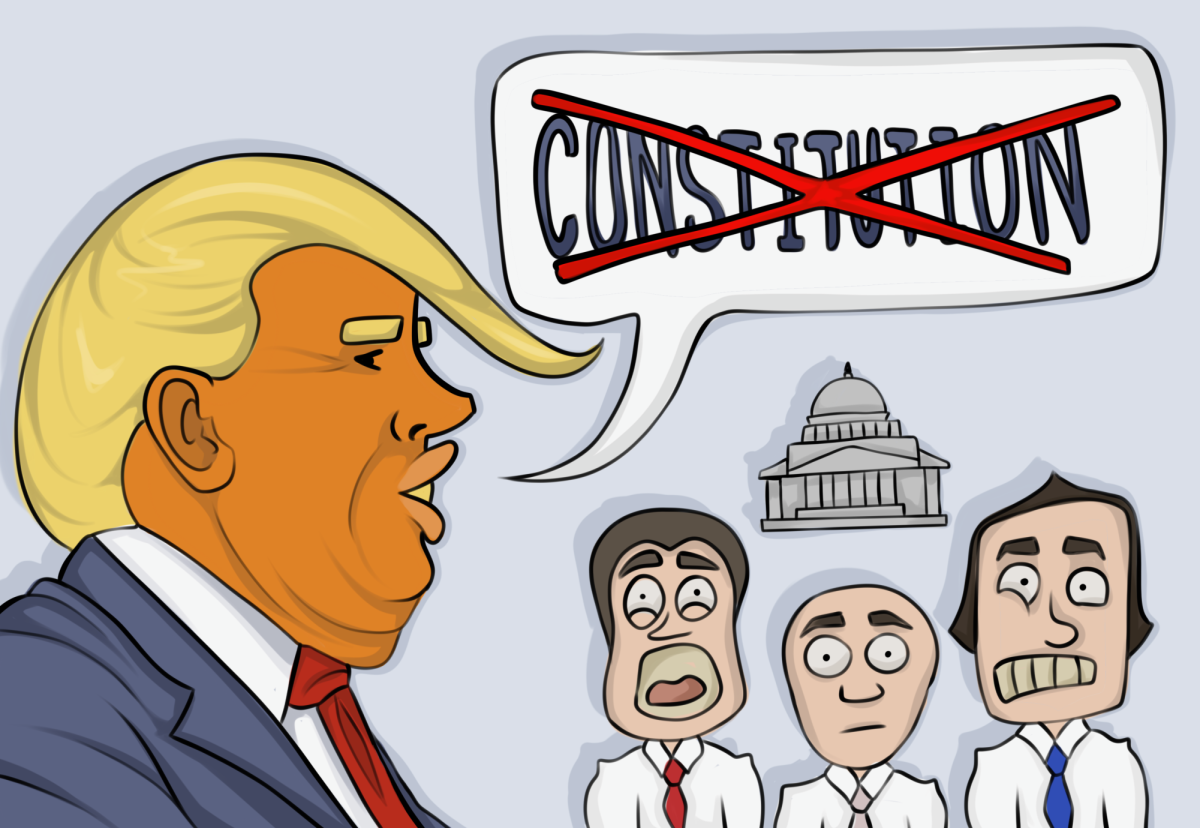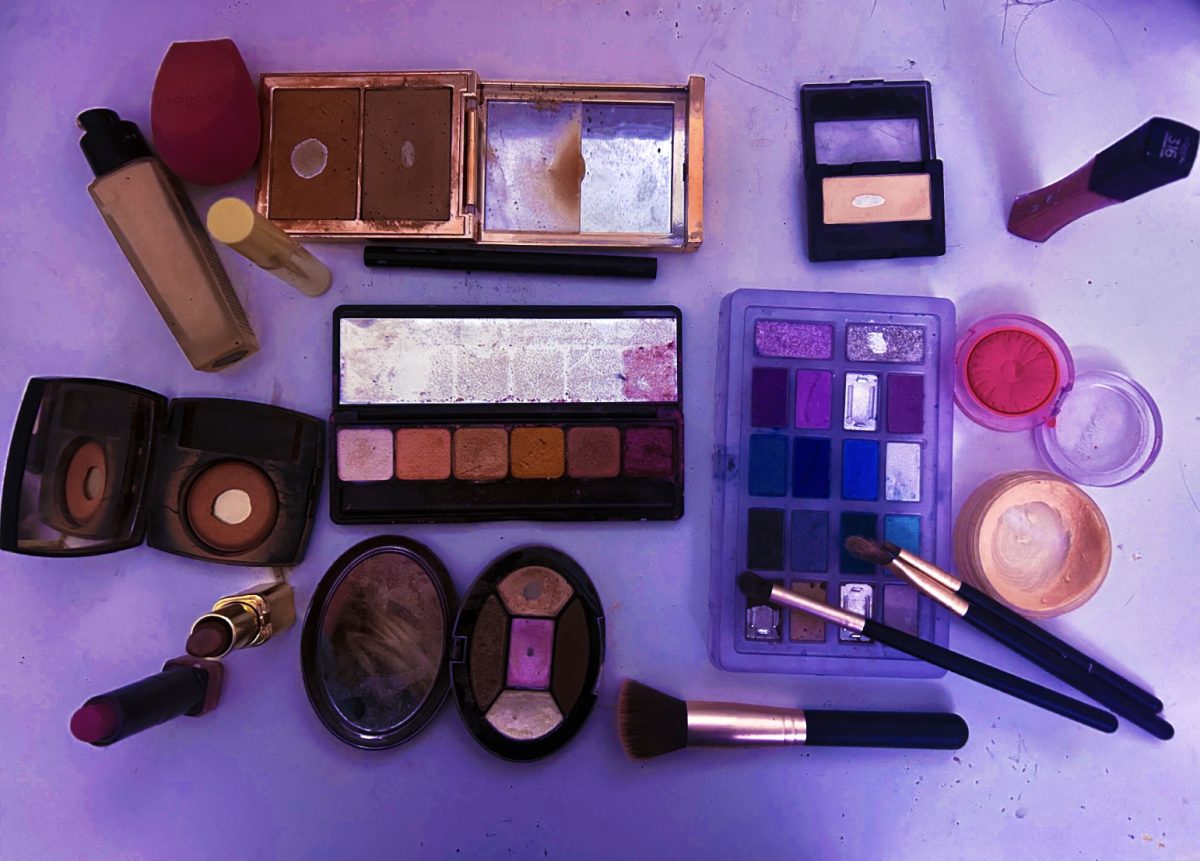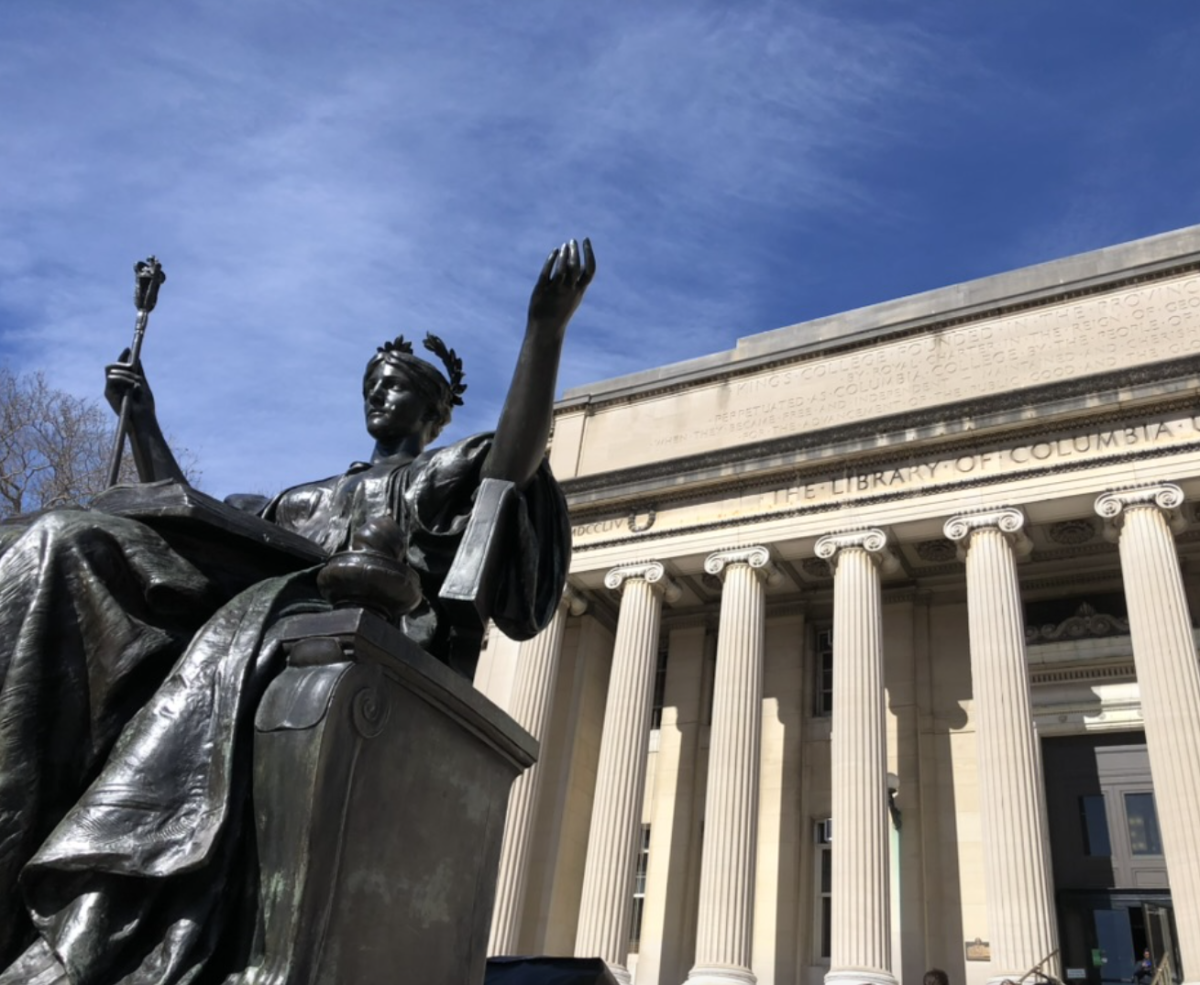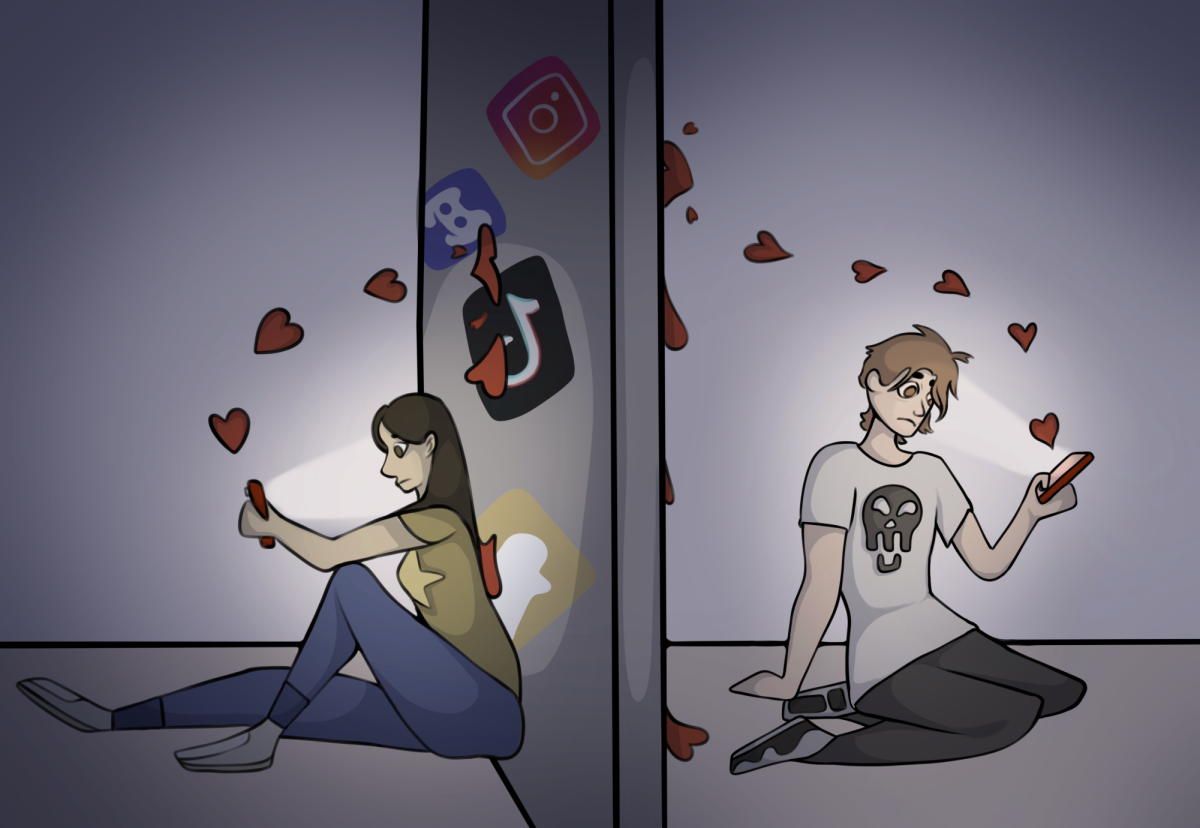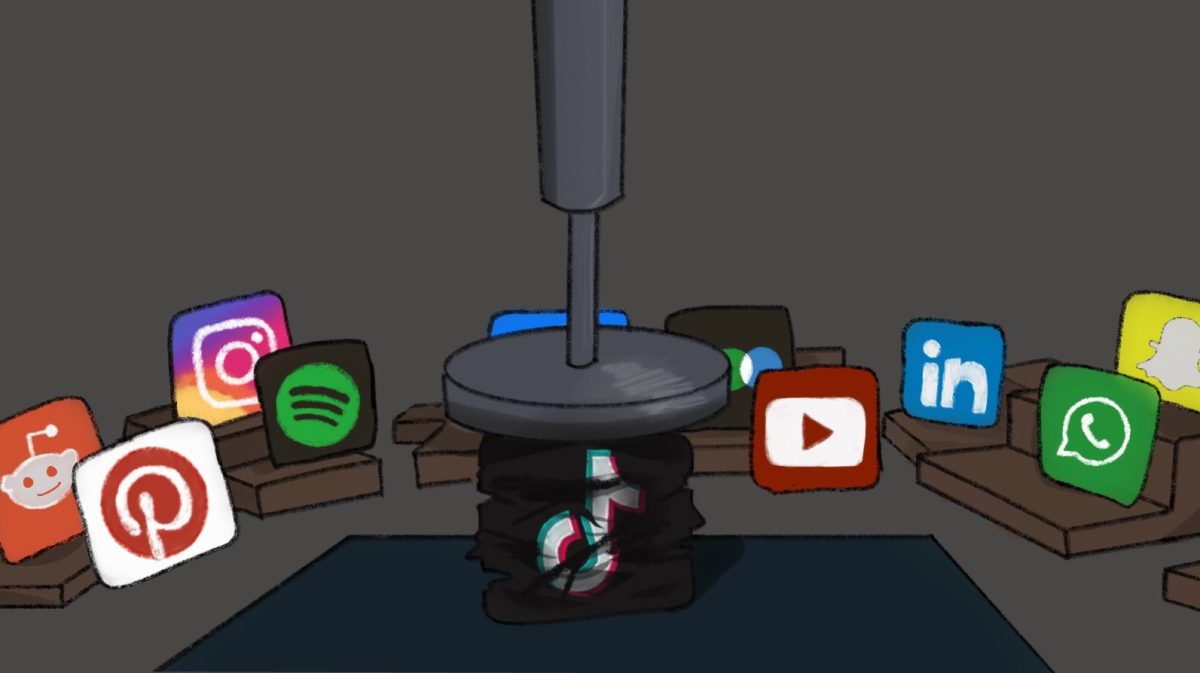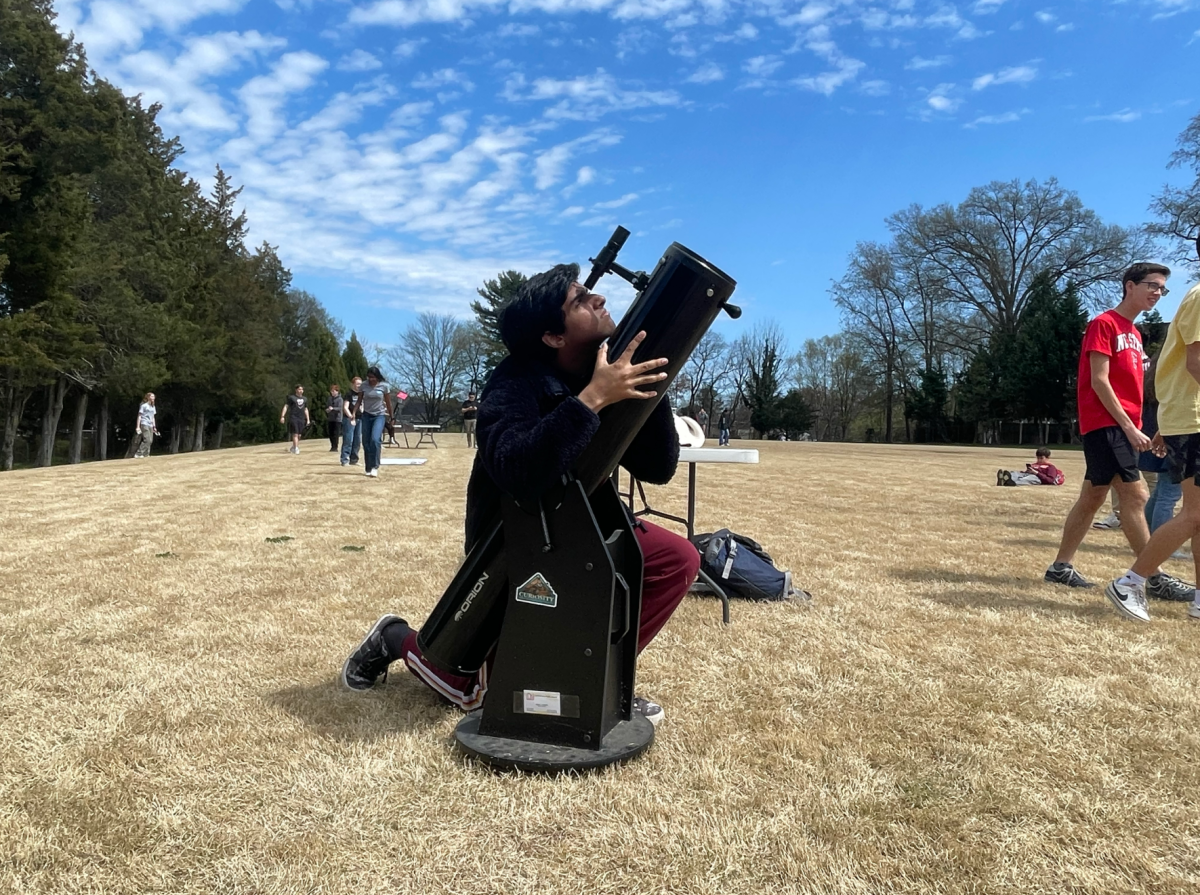Naps are always a tempting escape after a long day at school, but there is an argument for resisting a rest. Nothing is wrong with quick power naps, and these have been proven beneficial. However, in order not to fall into a deeper REM Cycle, it is vital to limit these to under 30 minutes.
While most plan on taking a quick nap, falling asleep often leads into a much deeper sleep that lasts over an hour. Naps like this mess up nightly sleep schedules and should be avoided at all costs.
Naps may seem pretty taunting nowadays, as well. This is because of the upcoming Daylight Saving Time change on March 8, 2020. When this comes into effect, we will lose an hour of the day.
According to USA Today, losing this hour can briefly affect our sleep patterns and make us more tired during the weeks following the switch.
Still, students need to remember that naps will do little more than provide temporary satisfaction. The sleep schedules for students who take occasional naps will suffer serious damages.
“Sleep therapists told me I had to stop napping because I would never get enough sleep,” junior Tessa Stenzel said.
Additionally, it is a common complaint that people will suffer symptoms of dry mouth after awakening from a nap. And, while some students think that eating would subside this dryness, this is not a solution for most people.
“I often miss dinner because I am taking a nap,” senior Jerrick Bravo said. “My parents have me go out and buy my own meal, instead.”
However, underclassmen do not always have the opportunity to do this. They also will still face the other issues such as the disturbed sleep schedules and dry mouth.
In order to prevent suffering all of these detriments, just power through the day and get some extra sleep at night.


